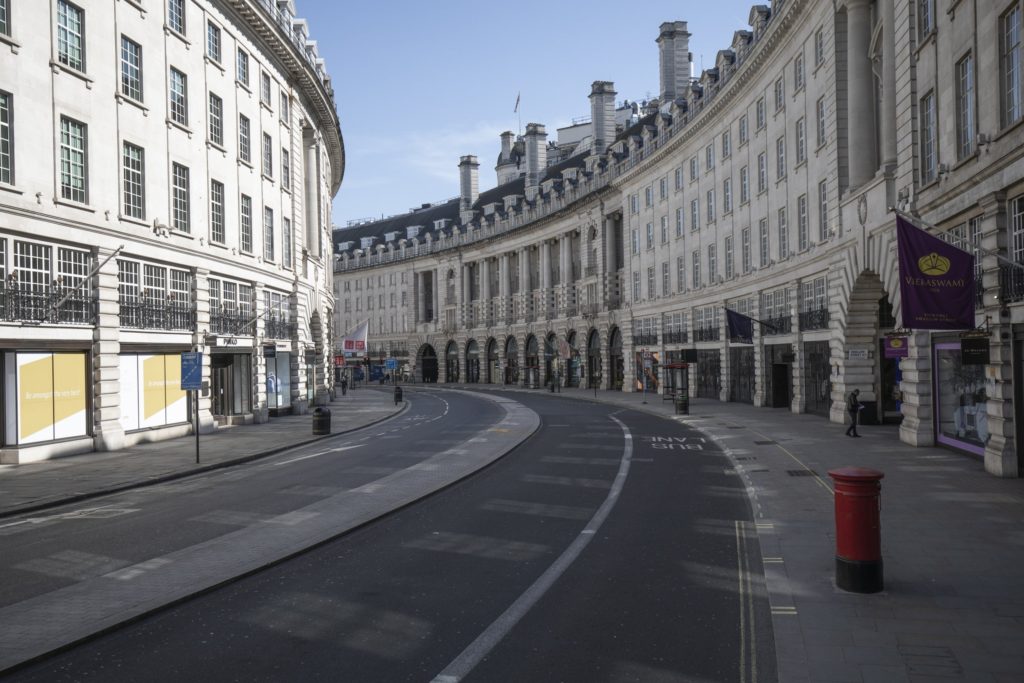
Why the need for a test case?
In some instances, there are doubts over the appropriate interpretation of the wording(s) which has led to uncertainty and disputes, with many policyholders having what they believe to be valid claims rejected by their insurer.
What is the purpose?
The intention is to try and help resolve some of the legal uncertainties around business interruption (BI) insurance policy coverage and how various BI policies respond to COVID-19 related claims.
Which Insurers and wordings are affected?
Following a review of 500 relevant policies from 40 insurers, the FCA has invited eight firms to assist the watchdog by participating in the High Court test case. A full list of insurers and the wording can be found on the FCA website.
What will the test case achieve?
For those insurers involved in the test case the decision will be legally binding but in addition it will also provide persuasive guidance for the interpretation of similar policy wordings and claims that can be considered in other court cases even if on a different wording.
The FCA have said – “The test case is not intended to encompass all possible disputes, but to resolve some key contractual uncertainties and ‘causation’ issues to provide clarity for policyholders and insurers. It will not determine how much is payable under individual policies but will provide the basis for doing so.”
What’s happened so far and what’s the timetable?
- 9 June – FCA started claim in the High Court (click here to see the Particulars of the claim)
- 16 June – Case management conference, at which the court fixed the timetable for the case and other procedural matters
- 23 June – Insurers file Defences (click here to see the insurers defences)
- 26 Jun – Further case management conference, at which the court will deal with any outstanding procedural matters to ensure the case is ready for trial
- 3 July – FCA files Reply
- 1st half July – Skeleton arguments and replies served and also the Defendants’ joint skeleton argument on the principles of contractual construction (interpretation) and Defendants’ joint skeleton argument on causation (of loss).
- Published 17th July Agreed List of Issues and Common Ground summarises what is and is not in dispute between the parties. This supersedes the Questions for Determination.
- 20-23 July and 27-30 July – 8-day court hearing during which the daily court transcripts are being published.
Undoubtedly the results of this case could have far reaching consequences and a decision either way will provide a degree of clarity around where coverage may respond. This will enable all involved to better understand their own position.
Arlington will continue to closely monitor the situation and provide updates as they are released, and once the case has concluded we will review what impact the decision means for our clients. If in the meantime you wish to discuss this matter please do not hesitate to contact us.


